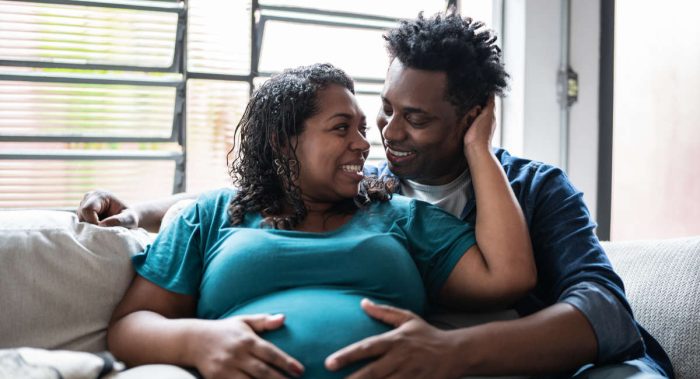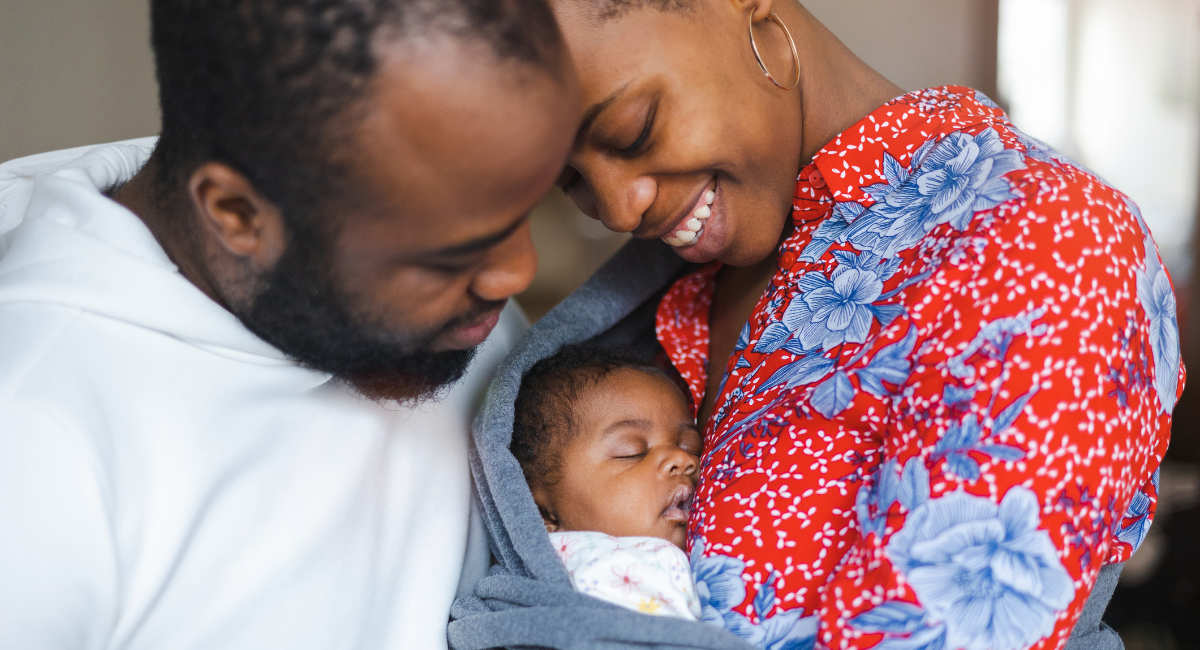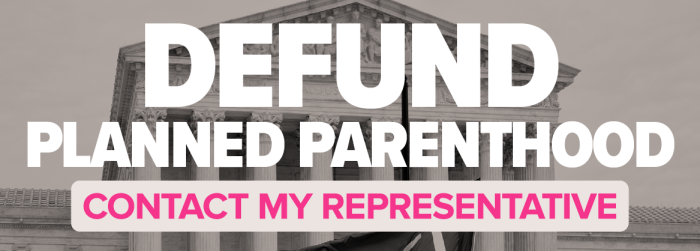Two life-affirming programs in different states are attempting to drive down high infant and maternal mortality rates, but with different approaches — and both deserve nationwide recognition and adoption.
Dads to Doulas in St. Louis, Missouri, aims to drive down high infant and maternal mortality rates (specifically in the Black community), while Family Connects NJ aims to drive down these rates by ensuring that every baby born in New Jersey receives a free follow-up home visit from a registered nurse.
Dads to Doulas
Innovative program takes aim at high infant and maternal mortality rates in Black community
Black women are three times more likely than their white counterparts to die during the 12 months after giving birth. Similarly, their babies are more than twice as likely as their white peers to die before their first birthday.
We’ve covered this tragic reality again and again and again, particularly emphasizing the role that prenatal and postpartum doula support (not increased abortion access) can play in decreasing disparities by driving down maternal mortality rates among African-American women.
Born from tragedy
Dads to Doulas, a program pioneered in 2024 by Dear Fathers, the “Premiere Media Platform dedicated to telling stories of black fathers from all angles,” takes an inventive approach to increasing doula access, specifically by giving Black fathers doula-level training. Dads to Doulas is the brainchild of Brad Edwards, who tragically lost twin sons in 2017 — one to stillbirth and the other a week after birth.
Edwards told the popular pregnancy website What to Expect, “Seeing your child stillborn is easily the hardest thing you can experience as an expectant parent. There is no way to prepare for this type of loss, but even before things happened the way they did, I felt very unprepared. I had only gone to one prenatal appointment and I was very naive about maternal and infant loss — the statistics and how rampant these numbers are.”
He continued, “I didn’t know I needed to have a higher sense of presence and urgency through that process; I thought my job started once the child got here.”

Stock Photo (Getty Images)
Involving fathers in the pregnancy and postpartum experience
At Dads to Doulas, he explained, “We help Black men understand the birthing process and where they can get support during pregnancy and infancy. I now know that the work for Black fathers starts well before the baby is born so I’m teaching more dads about labor and delivery.”
The program format includes six once-weekly sessions, all for free. Men local to the St. Louis area can attend in person and the classes are live-streamed for all other participants.
Edwards told News Channel 8 in Tampa Bay:
We start off with them understanding the history of gynecology and why this has been a historic and systematic situation with black women. They learn everything with the physiological changes with women, with hormones, why things are the way they are in the first trimester vs second trimester.
They’re learning partner advocacy and, to me, one of the most important times is postpartum… from preconception to postpartum and everything in between, there’s no stone unturned.
The first cohort of 25 participants shared overwhelmingly positive feedback, Edwards reported. “The more they learn, the more excited they get” to have “new tools to protect their families.” The organizers plan to expand to locations across the country.
Family Connects NJ reaches women during pivotal early period after birth
Family Connects NJ is another initiative aiming to tackle unacceptably high maternal and infant mortality rates, but from a different angle.
In an interview for PBS program Think Tank with Steve Adubato, President & CEO of the Partnership for Maternal and Child Health of Northern NJ Mariekarl Vilceus-Talty explained, “It’s an evidence-based home visiting program with no eligibility restrictions and it is so important because we know that [during] the two weeks after delivery, we need that support, we need that education, because that is when the majority of morbidity and mortality happens.”
The time frame of the home visiting program comes blessedly sooner than the standard six week postpartum checkup at the OB’s office. Though even the American College of Obstetricians and Gynecologists has for years recommended an additional, earlier follow-up at three weeks postpartum, this is not the norm.
No income or other limits for participation
Partnership for Maternal and Child Health of Northern NJ Chief Nursing Officer Emily Haines made clear the urgent need for intervention in their state particularly, noting:
In New Jersey, we have a maternal mortality and morbidity crisis, especially in black and brown mothers. We know that regardless of their income or educational level – a black woman with a PhD is still seven times more likely to die from childbirth and childbirth-related complications than a white woman.
That’s why a program like this is so critical, because it’s universal. It doesn’t matter what type of income or level of education you’ve received.
The lack of a cutoff for educational status, income level, or geographic location is indeed a defining characteristic of the New Jersey program compared to other initiatives. Furthermore, participation in the program extends to adoptive parents and birth families, foster parents, and to check in on postpartum women who lost a child to stillbirth or as a newborn.

Stock Photo (Getty Images)
Prioritizing cultural competence and in-home education
Many of the home visitor nurses are themselves Black women, and this is intentional, according to Vilceus-Talty. She said, “We have specialized nurses from different backgrounds to ensure that we have cultural humility… we speak to you in ways that you can understand.”
Providing education in the context of the home, with multiple family members present besides the new mother, is another intentional, foundational aspect of Family Connects NJ.
Vilceus-Talty elaborated, “And if there’s a problem [that arises with the newborn or postpartum mom], the entire family is there to assist, to hear what we’re talking about, to be educated and to know when to call the doctor and when to call 911, when to get more information.”
The bottom line
Both Dads to Doulas and Family Connects NJ seek to address infant and maternal mortality rates in the United States, particularly among the hardest-hit Black community. While these are not anti-abortion initiatives, increased respect and support for new mothers and babies are logical extensions of the care pro-lifers already demonstrate while babies are still in the womb.








